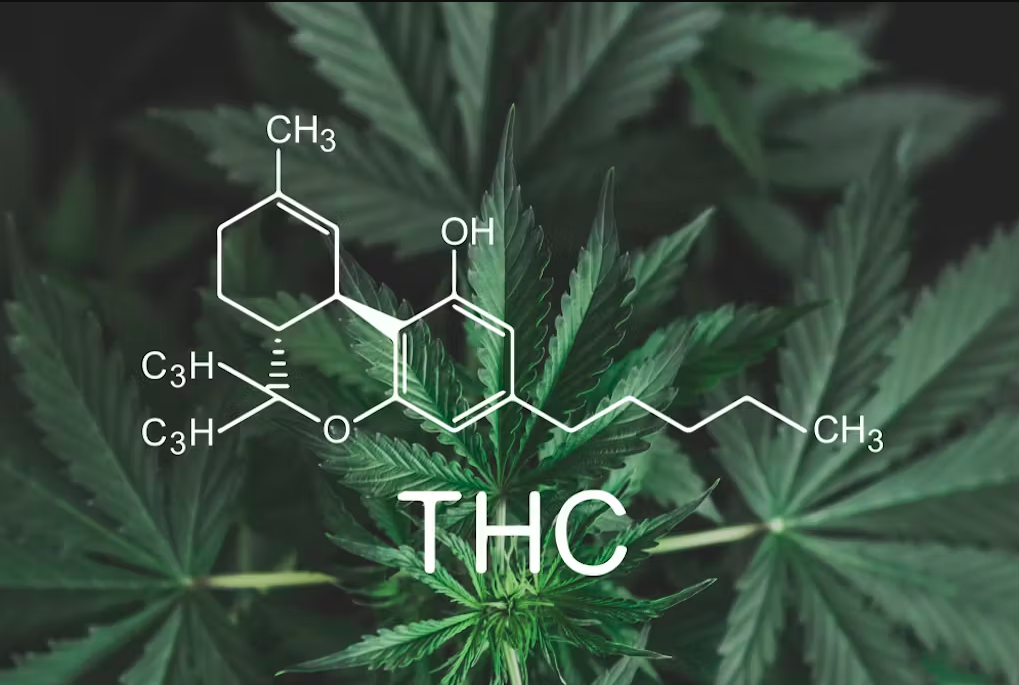What is THC and what are its properties?

THC is an abbreviation for tetrahydrocannabinol, which is the scientific name for the THC chemical. Cannabinoids are chemical substances found in the cannabis plant that number in the hundreds. When cannabinoids are consumed, it causes a distinct response in the body.
THC’s psychotropic qualities are what make it so popular. THC binds to the CB1 and CB2 receptors in the endocannabinoid system of the body, causing the user to feel the sensation of being “high.” THC is thus one of the cannabis plant’s most abundant and popular cannabinoids, with delta 9 THC being the most abundant isomer.
Here are some key properties and effects of THC:
– Euphoria: THC can induce a sense of euphoria, relaxation, and heightened sensory perception in some individuals. It can also lead to altered time perception and an increased sense of well-being.
– Appetite Stimulation: THC is known to stimulate appetite, often referred to as the “munchies.” This property has led to its use in medical marijuana for patients dealing with conditions like cancer and HIV/AIDS, where appetite loss is a common issue.
– Pain Relief: THC has analgesic (pain-relieving) properties. It can help alleviate various types of pain, including neuropathic pain, chronic pain, and pain associated with conditions like multiple sclerosis.
– Antiemetic: THC can reduce nausea and vomiting, making it beneficial for individuals undergoing chemotherapy or experiencing severe nausea due to other medical conditions.
– Cognitive and Psychomotor Effects: While THC has potential therapeutic benefits, it can impair cognitive and psychomotor functions. This impairment can affect memory, attention, coordination, and reaction time. It is one reason why THC use is discouraged when driving or operating eavy machinery.
– Potential for Anxiety and Paranoia: In some individuals, especially at higher doses, THC can induce anxiety, paranoia, or panic attacks. These effects are influenced by factors such as individual sensitivity and the surrounding environment.
– Tolerance and Dependence: Regular use of THC can lead to tolerance, where higher doses are needed to achieve the same effects, and it can also lead to physical and psychological dependence in some users.


[…] prevalent cannabinoids in most strains, and delta 9 is the most abundant type of THC. As a result, when people talk about THC, it’s usually referring to delta 9. While cannabis contains several psychotropic cannabinoids, […]